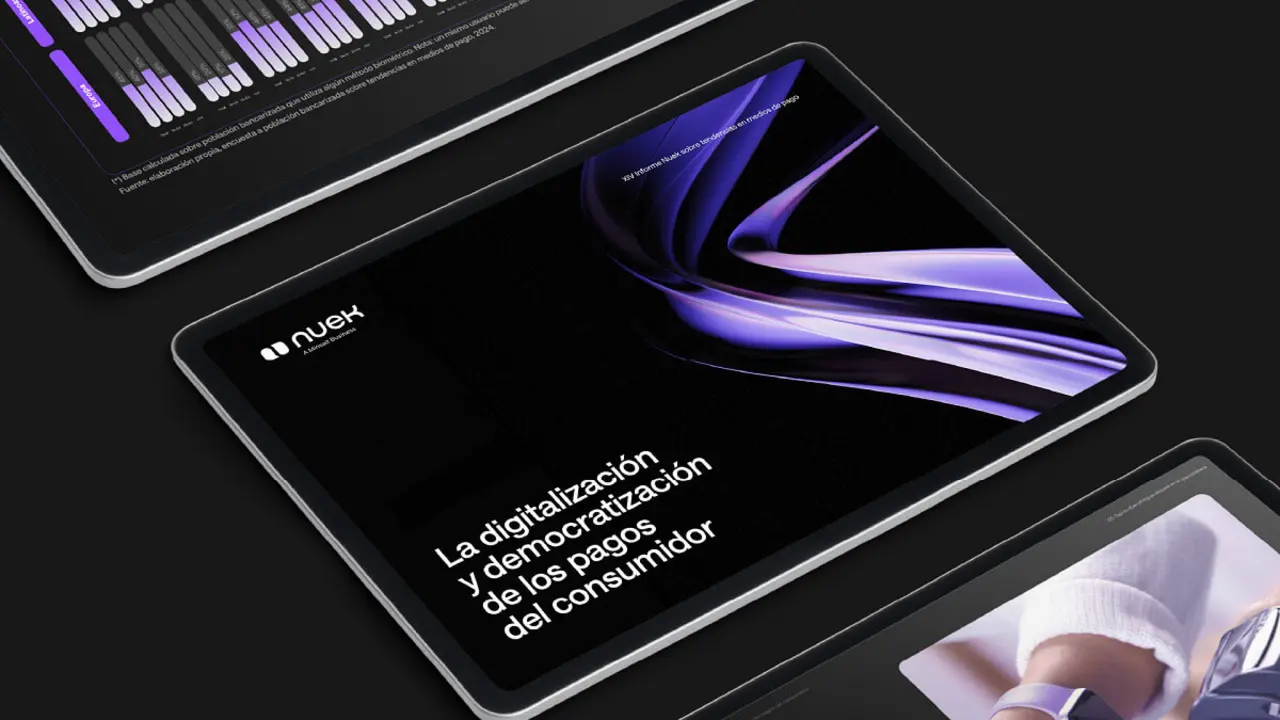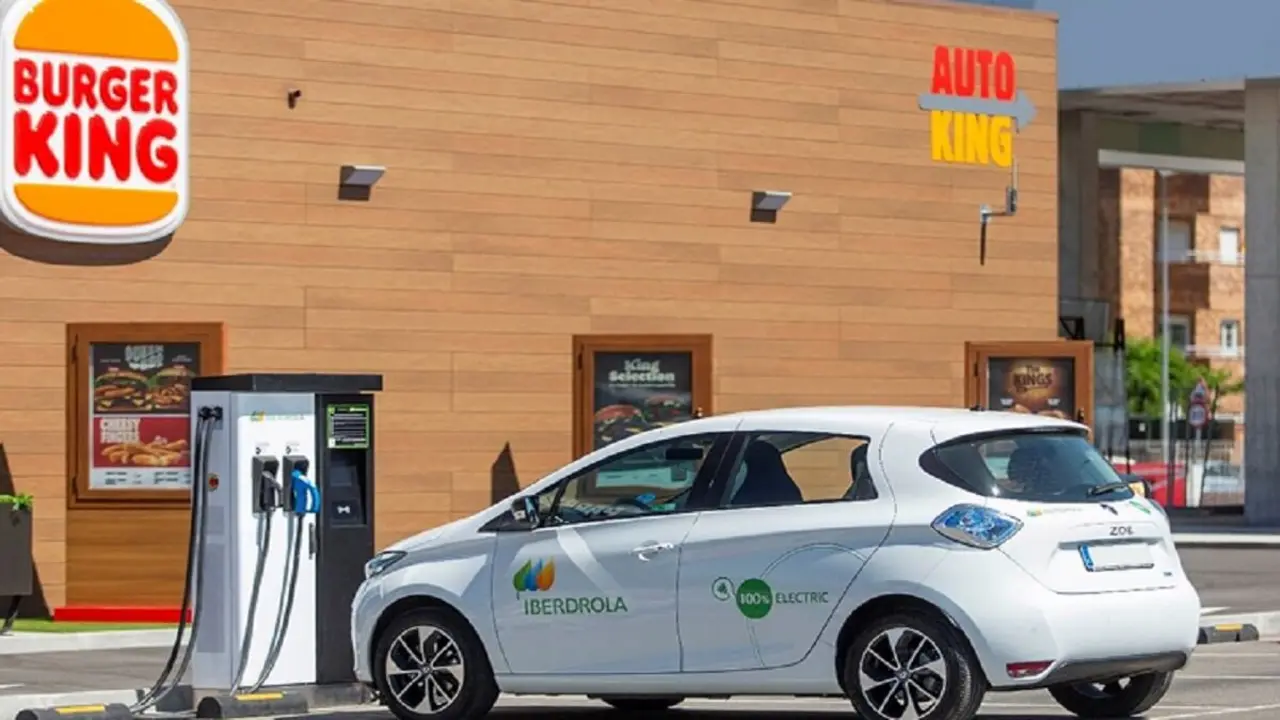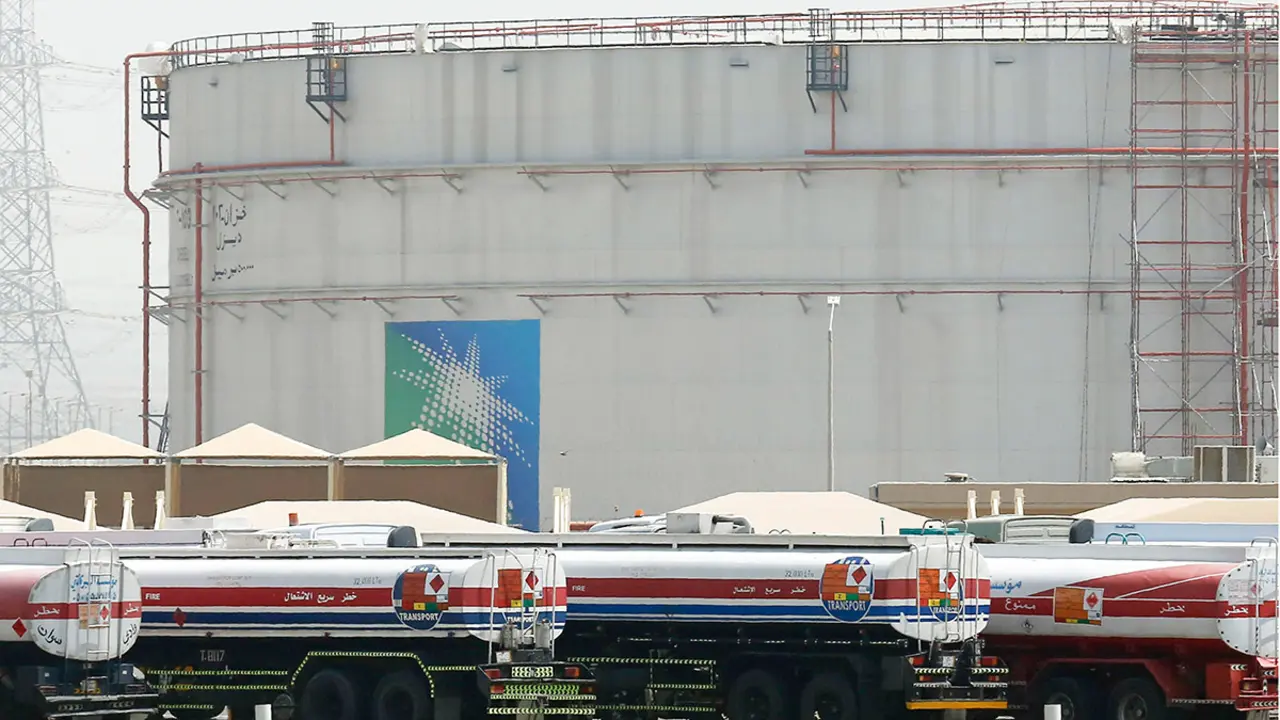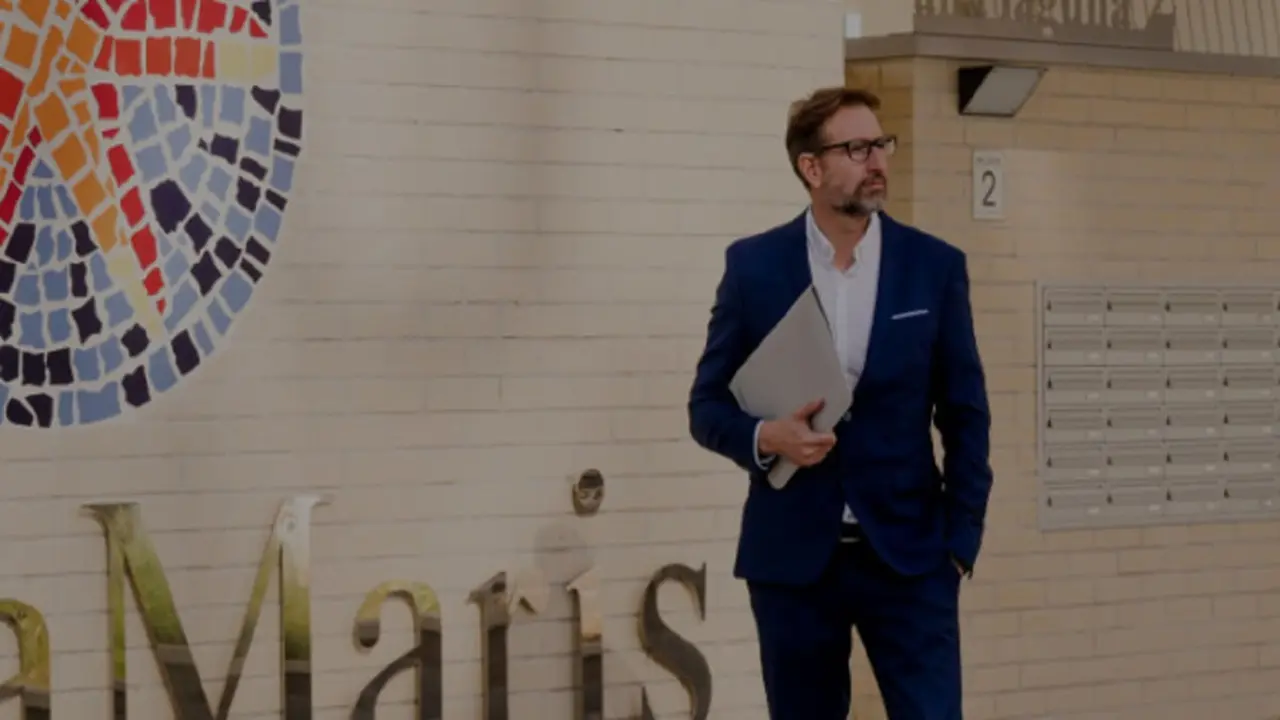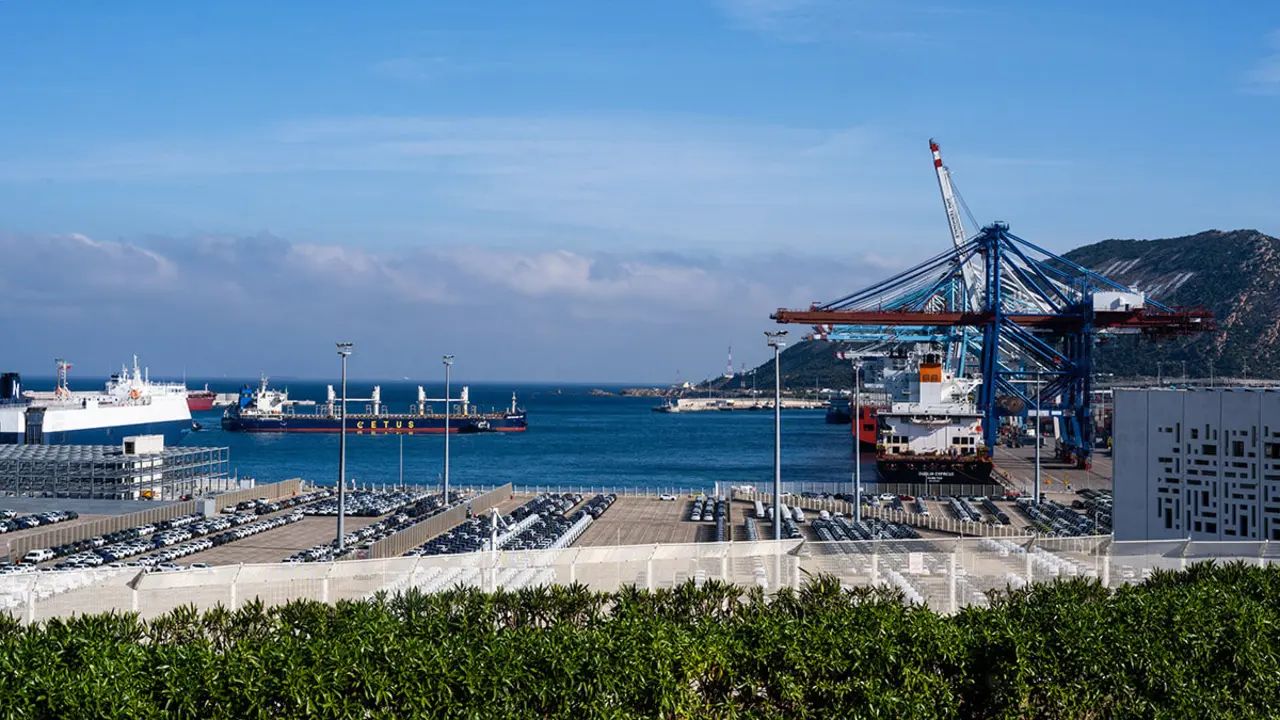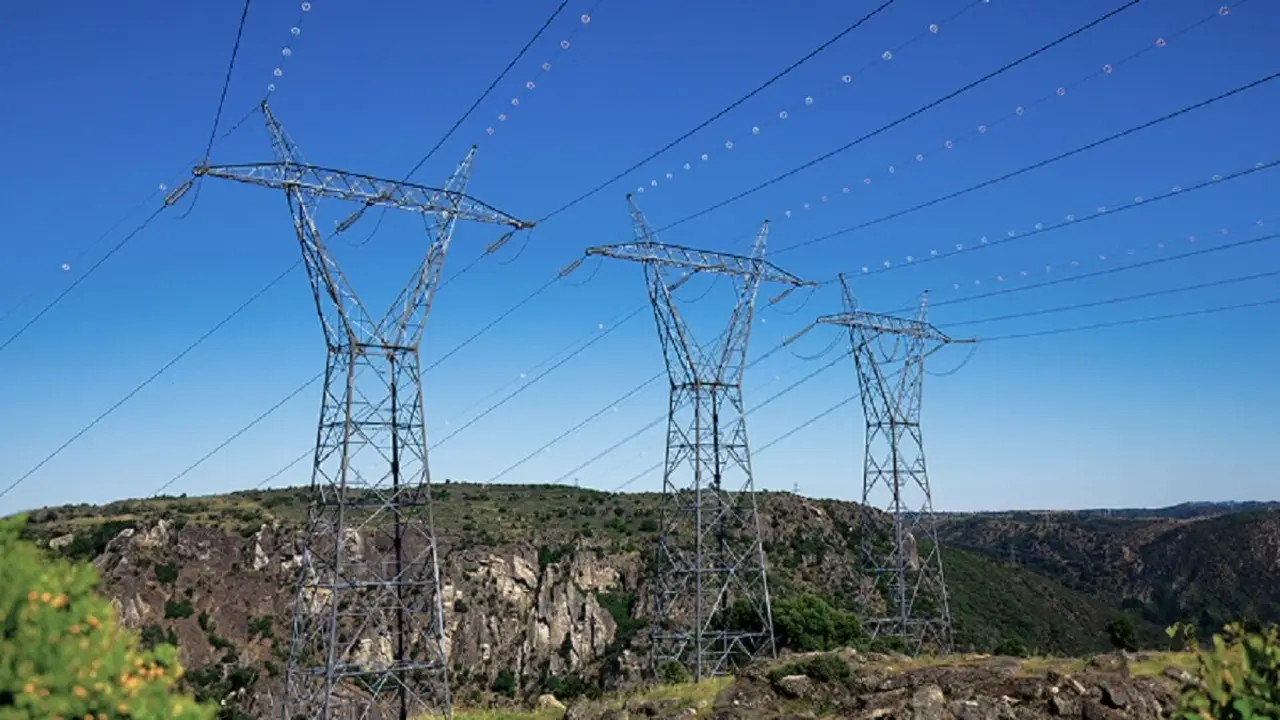Ignacio Bartolomé: “Marruecos es un mercado con un presente prometedor”
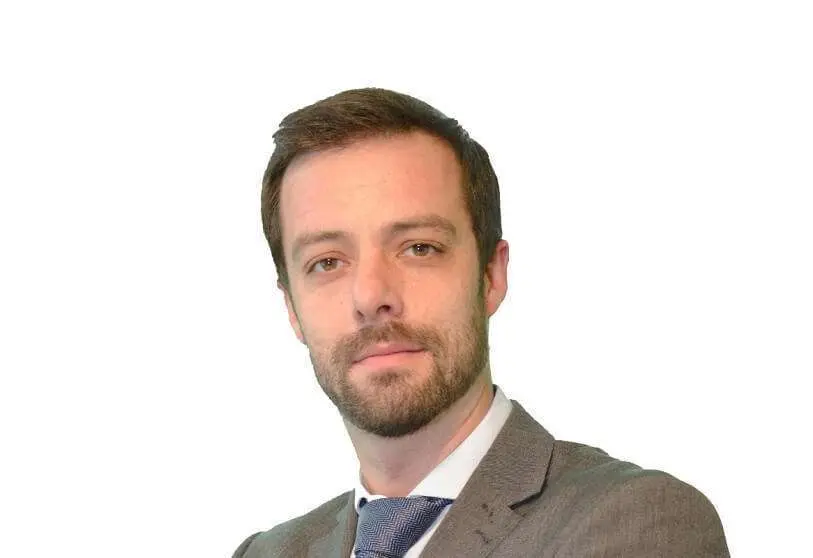
In the latest edition of "De cara al mundo", Onda Madrid's radio programme, we spoke to the CEO of How2Go, Ignacio Bartolomé, who explained his business experience in Morocco and how the recovery of the country's relations with Spain has affected the investments of Spanish businessmen.
What does How2Go do in Morocco?
How2Go is dedicated to business development and among our other major projects, for example, we maintain the permanent delegation of IFEMA in Morocco, so it is an important country in our strategy.
After the crisis, have you noticed an improvement after the end of the crisis or How2Go has continued to work normally after the end of the political problems?
Trade relations with Morocco are so intense that at no time have they stopped; it is true that recovering this political relationship is essential to be able to improve our activity in a key market for Spain. Not only because we are Morocco's main trading partner - Spain is the country that exports the most to Morocco and the one that imports the most - but also because it is the gateway to the African continent. We import 46% of all our exports in Africa to Morocco, so it has also become a gateway for our products and services and a key axis for the expansion of our companies on the African continent.
How could conditions be improved for you?
For us it is essential that political relations are as fluid as possible, any relationship that goes beyond the export itself and that is more focused on the investment of our companies in the market and on the growth of our interests in the African market is essential. We must not forget that the European Union has put the focus on the African continent with a forecast of investment in the coming years of some 240,000 million euros, and that between now and 2027, in Morocco, it is planned to invest up to 8,500 million euros in some sectors that are key for us. For example, in the renewable energy sector, the European Union has already announced an investment of 1.6 billion euros and, obviously, this sector is key for our companies.
Would you invite other entrepreneurs to venture into the Moroccan market?
Without any doubt, you have to understand very well what Morocco is, we are 14 km apart, but psychic distances are more complicated to understand. You need to be there and understand how the country behaves, and you also need someone to help you understand the market, but the potential is enormous. Just as Moroccan companies or Latin American companies open this hub to enter the European market, we must understand the hub that Morocco represents for our interests in the African market. There are large Moroccan investments in the African market and large companies in sectors such as Moroccan construction that are very well positioned, and if we learn to collaborate and approach Morocco and grow with them in a market that is not the future but the present, we will have great business opportunities.
How do you approach Morocco, do you have to treat it in a special way or simply as an equal, without wanting to exert a patriarchal effect?
Indeed, we cannot act as if we are above them, we are twinned and coexisting cultures, we are fused and we have ties in a historical process that go beyond what we can imagine. We are basically very similar when it comes to relating to each other and Morocco is a country that needs that personal relationship that needs us to be close and that continuity in relations, we cannot go there and make a trip thinking that we will return with fifty contracts. It is about doing local work with a global strategy and what will end up leading these new investors to success is to understand that just as we, who are Latinos and foster our personal relationships, so do they and we need to generate relationships. The country has to see that you really want to invest in Morocco, that you really want to invest there, and to carry out processes that are not sales processes but processes of collaboration and growth. Therefore, I think you have to make that small effort to understand the culture you are going to, and logically if you are going to grow there you are going to have to learn to behave the way you should behave there.

